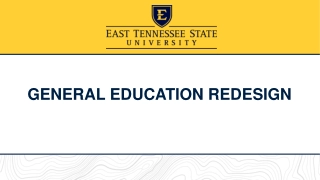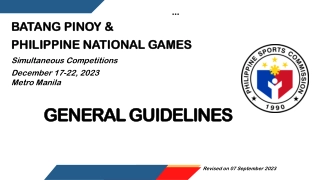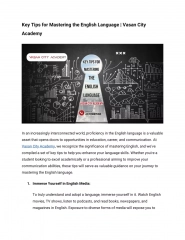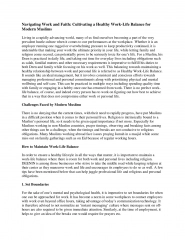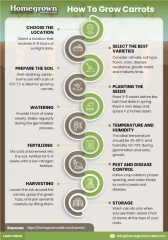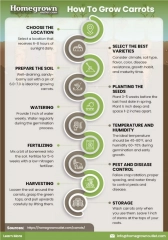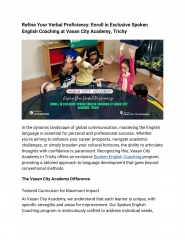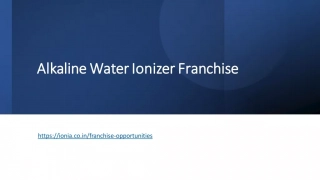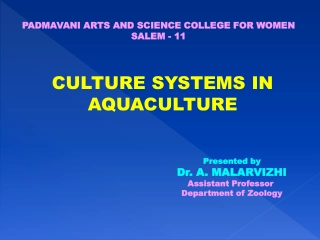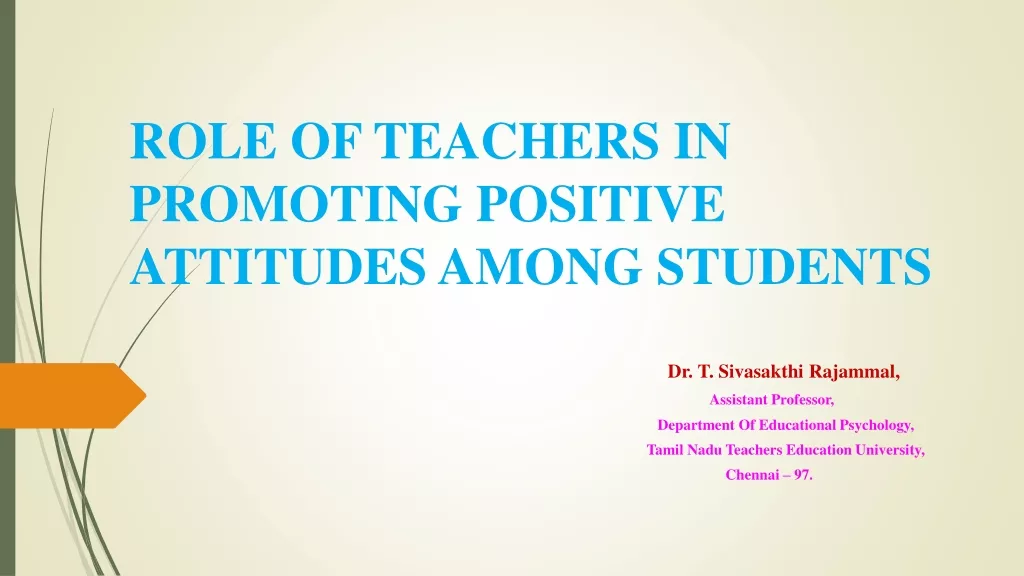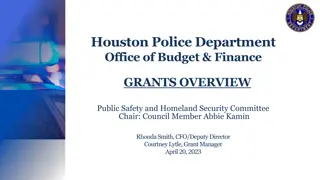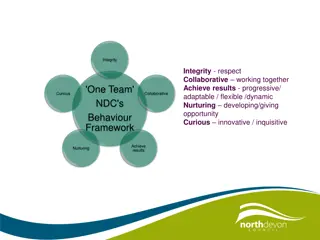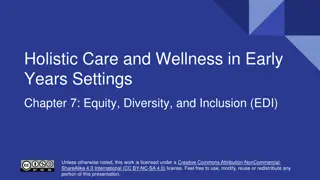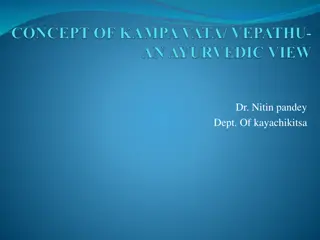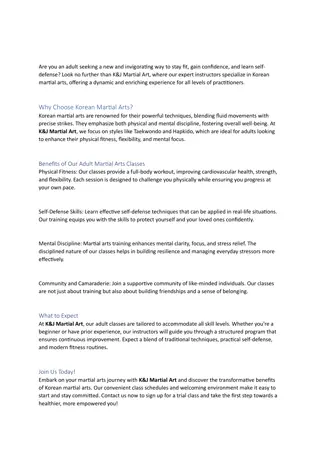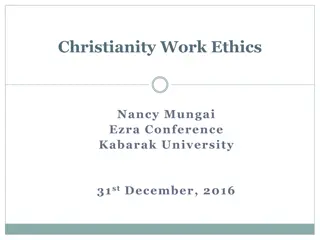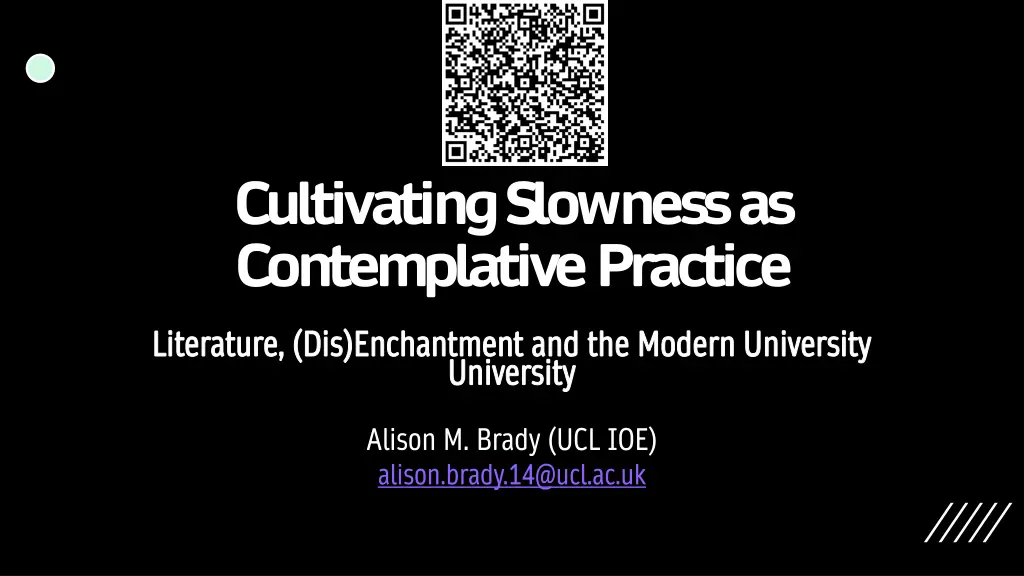
Enchantment and Slowness in Modern University Literature
Explore the debate surrounding literature in the modern university, from defending its value to questioning interpretative practices. Dive into the concepts of slowness as contemplative practice and enchantment with texts, reflecting on the implications for academic spaces and beyond.
Download Presentation

Please find below an Image/Link to download the presentation.
The content on the website is provided AS IS for your information and personal use only. It may not be sold, licensed, or shared on other websites without obtaining consent from the author. If you encounter any issues during the download, it is possible that the publisher has removed the file from their server.
You are allowed to download the files provided on this website for personal or commercial use, subject to the condition that they are used lawfully. All files are the property of their respective owners.
The content on the website is provided AS IS for your information and personal use only. It may not be sold, licensed, or shared on other websites without obtaining consent from the author.
E N D
Presentation Transcript
Cultivating Slowness as Contemplative Practice Literature, (Dis)Enchantment and the Modern University Literature, (Dis)Enchantment and the Modern University University University Alison M. Brady (UCL IOE) alison.brady.14@ucl.ac.uk
Defending Literature The crisis in the humanities Common defences Common defences the use of literature for enabling democratic participation, and relatedly, the cultivation of criticality (e.g. Nussbaum) Overlooks other affective dimensions of reading literature how it can arouse a state of full immersion through a deep enchantment with the text But enchantment really a kind of sorcery, product of manipulation, thereby necessary to be guarded, suspicious, to distance oneself from the text?
Defending Literature Against Interpretation Against Interpretation, Susan Sontag (1966) The drive towards critical interpretation of literature and art heightened since the arrival of post-mythic consciousness in Western societies Assumes that art is always figurative making a statement As such, we become more attuned to content rather than form in our analysis , Susan Sontag (1966) Even though form is essential to literature, we lack the capacity to articulate it a language that entails an accurate, language that entails an accurate, loving, sharp description of the work , that attends to its loving, sharp description of the work , that attends to its sensuous surfaces and the luminosity of words being what sensuous surfaces and the luminosity of words being what they are they are (Sontag, 1966, pp. 12-13).
Defending Literature Are such (descriptive) practices possible, or encouraged, in the Are such (descriptive) practices possible, or encouraged, in the modern university classroom? modern university classroom? The value of enabling The value of enabling slowness - in order to attenuate the logic of efficiency and distancing found in certain forms of interpretation Enchantment with a text Enchantment with a text points to embedded possibilities for engaging with literature beyond the disenchantment that can seem to characterise our practices slowness understood as a form of contemplative practice Calls for a defence not only of the humanities, but also those slow, Calls for a defence not only of the humanities, but also those slow, contemplative spaces increasingly threatened in the modern university contemplative spaces increasingly threatened in the modern university
[Lotaria] explained to me that a suitably programmed computer can read a novel in a few minutes and record the list of all the words contained in the text, in order of frequency. That way I can have an already completed reading at hand, Lotaria says, with an incalculable saving of time. What is the reading of a text, in fact, except the recording of certain thematic recurrences, certain insistences of forms and meanings? An electronic reading supplies me with a list of the frequencies, which I have only to glance at to form an idea of the problems the book suggests in my critical study. Naturally, at the highest frequencies the list records countless articles, pronouns, particles, but I don t pay them any attention. I head straight for the words with the richest meaning; they can give me a fairly precise notion of the book. (Calvino, 1992, p.132).
A Disenchantment Tale Lotaria a student of literature in Italo Calvino s If On a Winter s Night a Traveller describing her efficient method for reading a novel for class Modern narrative of disenchantment what Weber describes as a new kind of rationality based on calculat[ing] the most economical application of means to a given end (Taylor, 1991, p. 55), where older ( superstitious ) ways of thinking are obsolete, and the world is thought to be best directed by scientific modes of thought peaks with the arrival of the entrepreneurial spirit in capitalist societies Although Lotaria s method is comical in some respects, also an eerie glimpse into the humanities department (present and future)?
A Disenchantment Tale Disenchantment a blessing or a curse? New opportunities for self- legitimisation? New possibilities for the self ? Camus (2005) this new-found freedom both liberates and blinds Reduction of the world malleable to our own particular ends we thereby become myopic in beholding what the world has to offer Lotaria s approach akin to looking through a microscope Also encourages a fixed separation between the novel and the reader, limiting the possibilities that might arise from a fuller engagement with the text
A Disenchantment Tale Bennett (2001, p. 80): in a world experienced as disenchanted, humanity figures as the primary, if not sole, locus of agency and vitality distinct from the lifeless stuff around us Disenchantment as an orientation towards reading a regulative principle for how many of us operate But this brutalist orientation need not be the only one In fact, the dichotomy it implies between e.g. magic and science is too sharp (*for Weber, science is always driven by a sense of magic. For Calvino, Galileo is the finest Italian writer!) Bennett enchanted materialism the conviction that the (material) world is not simply lifeless stuff but already a potential source of wonder, where there is always the possibility of enduring moments of enchantment, wherein matter itself has a liveliness, resilience and unpredictability including literary texts
Critical Distancing Lotaria is simply a bad student not demonstrating the qualities we would reasonably expect By side-stepping the labour it takes to read, her analytic and critical skills suffer In higher education praise for critical sensitivity towards e.g. inert political discourses that shape what appears in the text On the flipside, passivity , conformity in thinking evidence of uncritical acquiescence to the authority of the text
Critical Distancing Felski s The Limits of Critique fatigue with this dominant approach, and the way that it has foreclosed other possibilities for engaging with texts Many have in common the assumption that texts are always hiding meanings that need to be unearthed to be truly understood, that they are thus always in some way coercive and exclusionary Or at least that these can never be ruled out thus the reader must always be suspicious, always distant from the text Hermeneutics of suspicion (Ricoeur) = critical orientation
Critical Distancing Not natural requires the cultivation of expertise For example, expertise in counter-reading, burrowing down into the text to excavate hidden agendas, troubling the text so as to call attention to the snares of language defamiliarizing, denaturalising, deconstructing Involves standing above or outside the text to take into account a panorama view of systems of discourses and grids of power (Felski, 2015) Sontag: aggressive and impious theories of interpretation that involve both a suspicion of the text but also the ordinary forms of reading
Critical Distancing Felski caricature? (*Also not dismissing the necessity or value of critique) Yet, some truth in the claim that one is seen to be complacent (complicit?) if they fail to enact criticality Moralistic impetus (Sedgewick, 2002) Sontag (1966, p. 7): revenge of the intellect upon art This form of interpretation is incompatible with slower, contemplative forms of reading that invite ease, absorption, enchantment, that do not see these affective dimensions as evidence of manipulation
Critical Distancing Lotaria vs. Critique? Critique necessarily entails an entanglement with the text, even if it results in a disenchanted predisposition towards the world But what if we aimed not to cultivate simply critical dispositions, but something like enchantment? What existing pedagogical practices allow for this, and how might they be affirmed and protected?
Slow Movements Slow Food Movement (Bra, Italy, 1970s) everyday utopia (Cooper, 2013) enacting new modes of production, consumption and exchange of food in modern society, based on the belief in a voluntary simplicity , equitable distribution of resources, re- valuation of pleasure and well-being Also: slow tourism, slow art, slow (contemplative) cinema, slow cities slow professor movement? Quest to find more time in the modern world
For those advocating slowness, the growth of the so-called edgeless city is intimately connected to the thoughtlessness that characterises our modern consumption of entertainment, food and art, where our capacity to dwell in such spaces is limited, and where we are thereby left with a sense of distance, dislocatedness, and disenchantment. (p. 7)
Slow Movements Not without criticism: Nationalist, economic protectionism? Unhelpful binaries (fast/slow; traditional/faddish; real/inauthentic) elitist, anti-democratic? Hypocrisy the necessity of technological advancement for the creation of art? Availability of time thwarted by other demands (See: Parkins (2004) politics of temporality )?
Cultivating Slowness Yet, slowness need not involve an entire overhaul of all other temporalities co-existence with speed A conscious negotiation of the different temporalities that make up our everyday lives with a commitment to occupy time more attentively (Parkins, 2004, p.364). The value of slowness is not simply as it relates to the slowing down of the accelerating forces of modernity, but the protection of those (physical, conceptual, temporal) spaces in which heightened sensory or aesthetic experiences are possible, in which we are allowed to dwell, to immerse ourselves, to enable the dissolution of the distance between e.g. the reader and the text
Cultivating Slowness Waters lamenting the development of speed-reading skill, necessary in the information-bombardment of the modern world Results in large-scale bureaucratic analyses of literature (Waters, 2004, p. 2) Not dissimilar to Lotaria s approach, but also something we might inadvertently encourage through our emphasis on critique? But what happens when we go inside a book becoming still, becoming slow ?
Cultivating Slowness Slowness not simply a temporary respite or redistribution, but an acknowledgement of time as embedded within social practices Connects to care of the self and the cultivation of responsiveness that (for Foucault) results from this slowness as care (Montanari, 1996) What matters is not just the time we spend, but that we orient ourselves with care Calls for what Sedgewick (2002) calls reparative reading an orientation that seeks to preserve rather than deconstruct the text, that remains open to its wider possibilities often shut out when we only concern ourselves with the hidden political agendas that might be uncovered (or, rather, constructed) through critical suspicion. (p. 9)
Contemplative Reading and the Experience of Enchantment
Contemplative Reading Enchantment not a return to the teleological world that supposedly existed pre- Enlightenment Rather, there in the material world around us in the sensuous and joyful immersion in the marvellous specificity of things (Felski, 2008, p.58). Literature not simply the brute facts of the physical text (information/ideologies to be extracted) but contains a vast cosmos , with flawed, wavering beings in their own worlds In short: literature offers more than just resonance or evidence of politico- historical contexts, but entirely new worlds. (p. 10) Invites consensual hallucination , a context in and of itself Although scholars are adept at all things critical (Felski), we are less comfortable with literature s proximity to soft, fuzzy ideas
Contemplative Reading In the Transcendence of the Ego, Sartre gives an account of pre- reflective immersion in the world which describes this sense of enchantment, where we are at one with our activity, unaware of anything external to the pure immersion we are experiencing, and how this fragile state of being can be interrupted, resulting in our arrival on the reflected state (where immersion is no longer possible) Similarly, Felski (2008): wrapped in the details of a novel, a film, a painting, you feel yourself enclosed in a bubble of absorbed attention often followed by an awkward moment of readjustment Prior immersion necessary for engagement with a text to ensue, including any form of critical engagement/reflection that comes from this
The need to protect physical spaces in which this is possible, increasingly threatened by e.g. digitisation of resources, increased numbers of students, hybrid working after Covid-19 But also those conceptual spaces that allow for slow ways of thinking , where the experience of enchantment is possible and where the full potential of what is in the text is made available This includes encouraging a sense of openness towards the text rather than guardedness or suspicion, acknowledging where and in what sense the critical so often erupts in academic contexts and allowing for other orientations or styles of engagement
What is the use of enchantment? Mac (2013, p.213), literature can also shape the sensibilities we have when navigating the world outside, as well as enlivening the inner life of the reader Gives us the means to sketch new possibilities for ourselves, to think of ourselves in new ways It can build our attentive capacities enriching our perceptions, what we take notice of in the world, in new and strange and wonderful ways The process of reading is not merely instrumentally valuable, but existentially so Distinct from the narratological vision of reading (Mac , 2013) which sees reading purely as deciphering clues or information Requires instead a radical receptivity to become lost in the intense environment of the book , to be on the edge of time despite the degenerative ways in which passivity is understood in academic contexts
What to do with Lotaria?
What to do with Lotaria? (Instrumental) allegory of critique? Resonates with my own experiences - invites normative, phenomenological but also practical questions Encourage Lotaria to take her time with literature, to care about what she is reading but can only court her sensibilities ? (Hogan, 2010) Such a courtship involves something more than just cultivating critical sensibilities How do book clubs work ?! But first, we need to ask ourselves: what are the spaces physical, temporal, conceptual - that enable contemplative practices in the university, and how might they be protected and affirmed? (p. 13)
Selected References Bennett, J. (2001) The enchantment of modern life: attachments, crossings and ethics, Princeton, USA: Princeton University Press. Bloch, E. (1932/1977) Nonsynchronism and the Obligation to Its Dialectics , New German Critique, 11, pp. 22 38. Calvino, I. (1986a) Cybernetics and Ghosts , in: The Uses of Literature, Harcourt Publishers: San Diego, CA. Calvino, I. (1986b) Philosophy and Literature , in: The Uses of Literature, Harcourt Publishers: San Diego, CA. Calvino, I. (1992). If on a winter s night a traveller, London: Minerva Books Ltd. Originally published in 1979. Capatti, A. (1996). In Praise of Rest , Slow 1(2), pp. 5 7. 14 Connolly, W. E. (1999) Why I Am Not a Secularist. Minneapolis: University of Minnesota Press. Minnesota Press. Cooper, D. (2013). Everyday utopias: the conceptual life of promising spaces, USA: Duke University Press. De Luca, T. and Jorge, N. B. (2015). Slow Cinema, Edinburgh, UK: Edinburgh University Press. Foucault, M. (2001) Fearless Speech, J. Pearson (ed.) Boston, MS: MIT Press. Felski, R. (2008). The uses of literature. London, UK: Wiley Blackwell. Felski, R. (2015). The limits of critique. USA: Chicago University Press. Hogan, P. (2010). The new significance of learning: Imagination s heartwork, London: Routledge. Nussbaum, M. C. (2016). Not for profit: why democracy needs the humanities, Princeton, NJ: Princeton University Press. Mac , M. (2013). Ways of reading, modes of being. New Literary History 44(2), 213-229. doi:10.1353/nlh.2013.0017. Montanari, M. (1996) Beware! , Slow 1(2), pp. 56 9. Parkins, W. (2004). Out of time: fast subjects and slow living, Time & Society, 13 (2-3), pp. 363-382. https://doi.org/10.1177/0961463X04045662 Petrini, C. (2004). Slow food: the case for taste, USA: Columbia University Press. Sartre, J. P. (2011). Transcendence of the ego: a sketch for phenomenological description, S. Richmond, trans., London: Routledge. Originally published in 1937. Sedgwick, E. K. (2002), Touching Feeling, Durham, USAL Duke University Press, Durham. Sontag, S. (1966) Against Interpretation and other essays, London: Penguin Books. Waters, L. (2007). Time for reading, The Chronicle of Higher Education, 53 (23). Weber, M. (2010). The protestant ethic and the spirit of capitalism, Oxford, UK: Oxford University Press.

